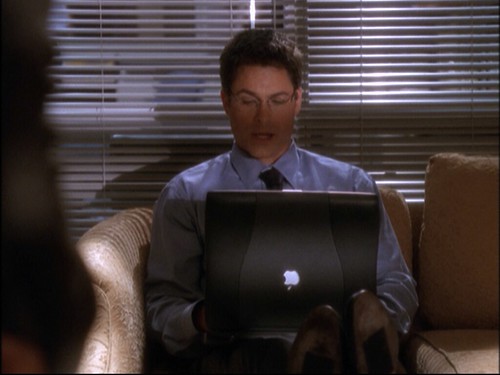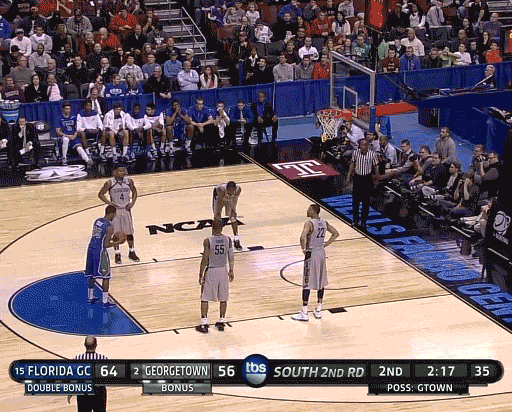“I applaud the guy who has the courage to meet the confrontation.” —Kim English
I ran a 10k on Saturday — my first in six years.
And this thought popped into my head, somewhere around mile 4: You did it, Dan.
Yes, I knew I had 2.2 miles left. But I knew I was going to get the finish line.
You can’t always say that at the starting line. Or even at the halfway point.
But I knew, with 2.2 miles left, that there wasn’t anything that would keep me from that finish line. I knew I had the final few minutes in me.
At a certain point, the mind takes over. Getting to the end of a 10k — or whatever your race is — is about demanding of yourself the finish line.
You’ll see runners on the side of the race, telling themselves they aren’t “able” to go the distance. That’s bull.
A 10k is all about wanting to get there. Anyone can run six miles. Maybe not six fast miles. But anyone can run that distance — as long as you keep yourself moving forward. As long as your mind wants it more than whatever your feet are telling you.
In that kind of race, Want To > Able To.
Do you want to get to the finish line? Do you want to know you went the distance?
In these short races, want is all that matters. Want is what gets you to the end.
That photo from my 10k comes via @anasarbu.












